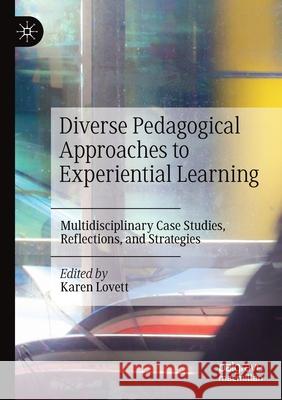Diverse Pedagogical Approaches to Experiential Learning: Multidisciplinary Case Studies, Reflections, and Strategies » książka
topmenu
Diverse Pedagogical Approaches to Experiential Learning: Multidisciplinary Case Studies, Reflections, and Strategies
ISBN-13: 9783030426934 / Angielski / Miękka / 2021 / 274 str.
Diverse Pedagogical Approaches to Experiential Learning: Multidisciplinary Case Studies, Reflections, and Strategies
ISBN-13: 9783030426934 / Angielski / Miękka / 2021 / 274 str.
cena 602,40
(netto: 573,71 VAT: 5%)
Najniższa cena z 30 dni: 578,30
(netto: 573,71 VAT: 5%)
Najniższa cena z 30 dni: 578,30
Termin realizacji zamówienia:
ok. 22 dni roboczych.
ok. 22 dni roboczych.
Darmowa dostawa!
Kategorie:
Kategorie BISAC:
Wydawca:
Palgrave MacMillan
Język:
Angielski
ISBN-13:
9783030426934
Rok wydania:
2021
Wydanie:
2020
Ilość stron:
274
Waga:
0.40 kg
Wymiary:
21.01 x 14.81 x 1.73
Oprawa:
Miękka
Wolumenów:
01
Dodatkowe informacje:
Wydanie ilustrowane











